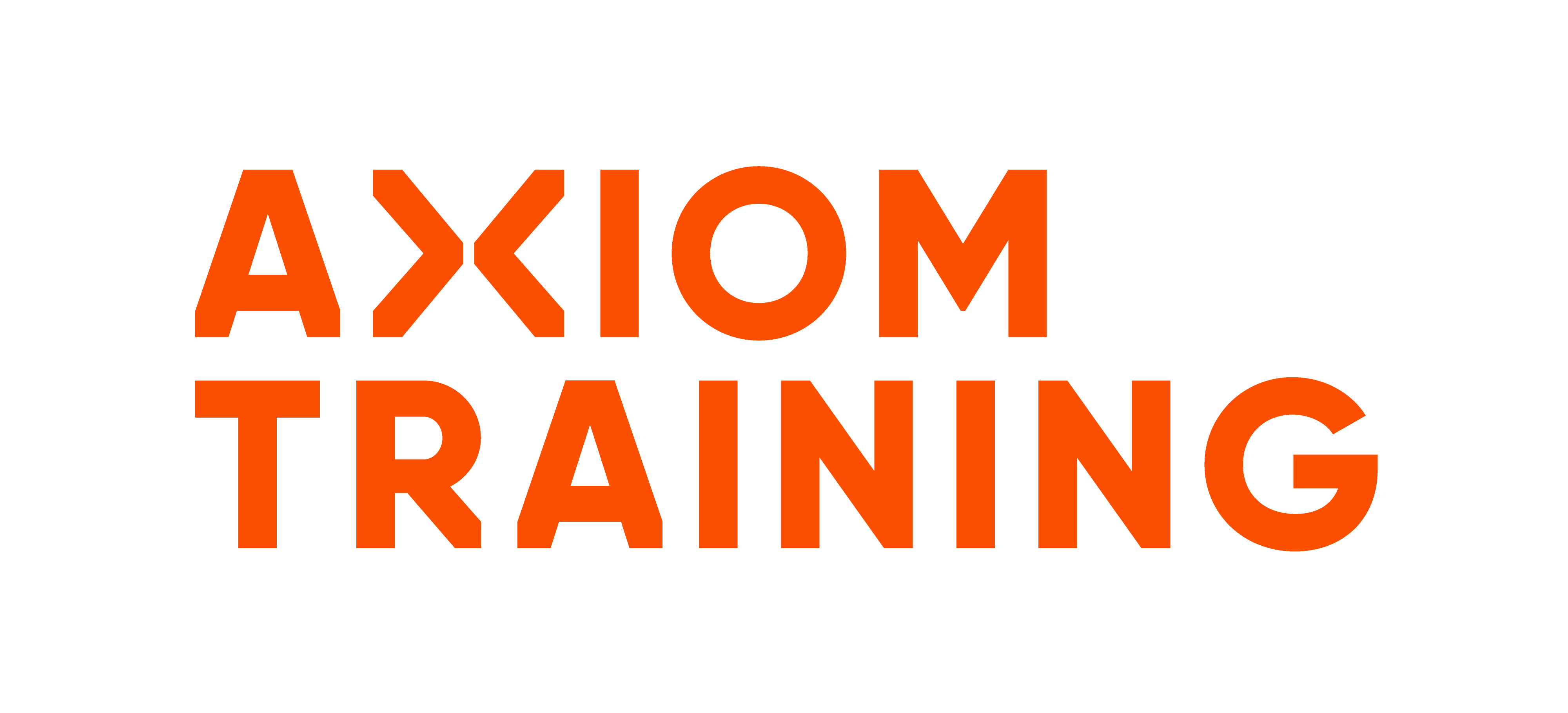White Paper: Sliding safety standards
Sliding safety standards have dire consequences
Health and Safety White Paper
There are few things kids love more than the excitement of carnivals and amusement parks - bouncy castles, inflatable slides and miniature rollercoasters are almost a rite of passage during childhood! But in recent times – on both sides of the Tasman – major safety failings have had devastating consequences, and sadly it seems some operators are refusing to learn from their previous mistakes, or from the mistakes of others.
Earlier this week one New Zealand inflatable slide operator was fined $350,000, plus additional reparations of approximately $53,000 following the collapse of its mammoth slide at the Whangamata Summer festival in December 2020. The incident saw a dozen people (mostly children) falling from heights of up to 12 metres. One victim broke both ankles, has subsequently needed 11 surgeries, and is still recovering.
According to witnesses, not only were there no rules displayed, instructions given or weight and age checks carried out, but there weren’t any workers manning the top of the slide when it collapsed and there were no systems in place for safe evacuation. Experts also concluded that the inflatable slide was poorly anchored, had numerous air leaks and was electrically unsafe.
But perhaps even more shocking is the fact that this is not the first time this particular operator has been under the spotlight. It turns out WorkSafe NZ has had 11 prior interactions with them!
WorkSafe area investigation manager Paul West says, “On top of the latest incident, this company’s safety record is extremely concerning. When people are on an amusement device, they have an expectation their safety is being looked after by the operator. Most operators in Aotearoa are aware of this expectation and strive to meet it, but this business has had numerous failings which is unacceptable.”
Previous incidents connected to the operator have included a mammoth slide collapse at the 2015 Masterton A&P Show (injuring six children and resulting in a $115,000 fine) and a year later, another slide collapse at an event in Hamilton Gardens, impacting ten children.
According to Nicholas Matzopoulos, National Training Director at Safety ‘n Action, suppliers and operators of amusement devices (such as inflatable slides) must comply with the Health and Safety at Work Act 2015 by eliminating or minimising health and safety risks as far as reasonably practical. Being a PCBU, they have a duty to ensure the health and safety of others is not put at risk as a result of their business operations.
“What makes this situation particularly shocking is that innocent children have been put in extreme danger by the operators of this device, who have showed little regard for the health and safety of slide users,” says Nicholas.
When it comes to keeping people safe, Safety ‘n Action is the gold standard. They’re New Zealand’s leading workplace health and safety training provider – and they’re experts at supporting organisations to meet their health and safety obligations and prioritise the health and safety of their workers and those using their products and services.
“Several of our training programmes could have minimised the harm and prevented this latest amusement ride incident, including the numerous courses we offer in Hazard and Risk Management, Fire and Emergency, Health and Safety Rep, Accident and Event Investigation and also our Health and Safety at Work Seminar.”
- Hazard and Risk Management – a full day course equipping attendees with the skills to assess the level of risk associated with workplace hazards, and identify and prevent potential illness, injury or incidents. https://www.safetynaction.co.nz/en/our-courses/course-catalogue/hazard-and-risk-management/
- Fire and Emergency – a range of training programmes covering fire and emergency plans, the operation of fire extinguishers and the duties of a Fire and Emergency Warden. https://www.safetynaction.co.nz/en/our-courses/fire-and-emergency-courses/
- Health and Safety Rep – a one-day course that covers the responsibilities, functions and powers of HSRs and supports them to fulfil their responsibilities and duties.https://www.safetynaction.co.nz/en/our-courses/course-catalogue/health-and-safety-representative-initial/
- Accident and Event Investigation – a full day course empowering attendees to report and investigate accidents, and put processes in place for the prevention of future incidents. https://www.safetynaction.co.nz/en/our-courses/course-catalogue/accident-and-event-investigation/
- Health and Safety at Work Seminar – a half-day programme designed for senior management to ensure they understand their obligations as a PCBU. https://www.safetynaction.co.nz/en/our-courses/course-catalogue/health-and-safety-at-work-seminar/
With more than 100 courses on offer across a range of delivery platforms (including face-to-face, online, in-house or in one of Safety ‘n Action’s purpose-built training centres), there’s no excuse for organisations and employers to let their health and safety standards slide.
As well as undertaking appropriate training, Nicholas says everybody within an organisation should be prioritising health and safety, and working together to build a safer New Zealand.
“Safety is everyone’s responsibility within a business. It’s vital to check your equipment, have robust emergency plans, complete risk assessments – and if you see unsafe practices, report them.
View training solutions
-
Hazard and Risk Management
Effective hazard and risk management reduces the chance of harm occurring, resulting in a safer and more productive workplace for you and your team. Unit standards covered: 30265 and 497
-
Fire and Emergency Warden
Gain the knowledge and skills to carry out an effective fire and emergency plan. Unit standard covered: 18408
-
Health and Safety Representative: Initial
Empower your Health and Safety Representatives (HSRs) with effective training and support to fulfil their responsibilities and duties. Unit standard covered: 29315
-
Accident and Event Investigation
Understand why and how accidents occur and the legal obligations and corrective actions required when investigating an incident. Unit standards covered: 17601
-
Health and Safety at Work Seminar
Ensure you understand the key requirements of the Health and Safety at Work Act (2015) and if your organisation is compliant with these. Use this seminar to seek clarification around any concerns or gaps and identify recommended solutions with our health and safety expert.




